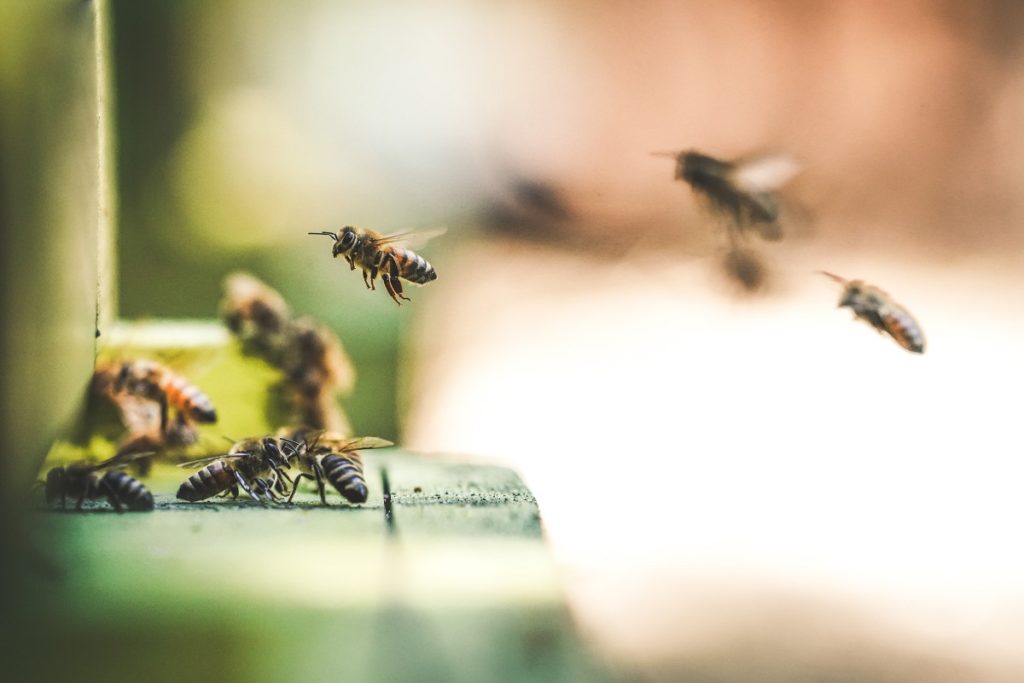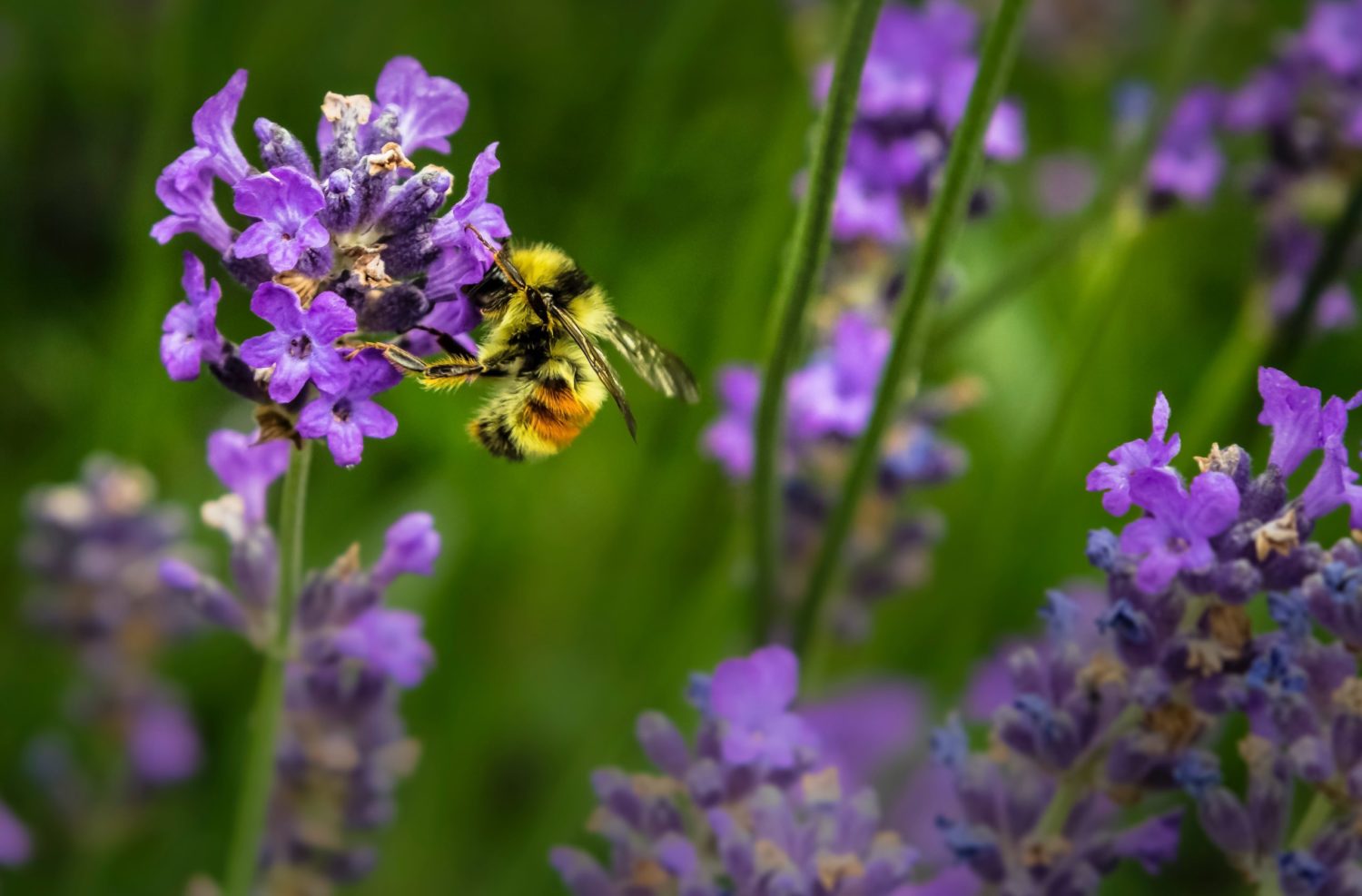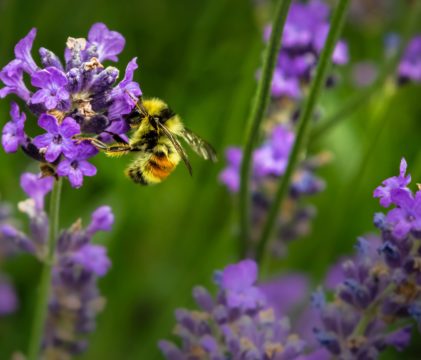Have you planted anything in your yard or on the balcony already? If not, now would be a good time for some gardening. Why not set up a small veggie garden or arrange a couple of pretty flowerbeds? Apart from the practical benefits and aesthetics it will also help to protect various species of insects including bees.
I mention bees for a reason. The fact is that in recent years the problem of bee extinction has become particularly acute, and its consequences and possible solutions are already being discussed at the highest level. Why are bees dying out? There are many reasons: the dominance of intensive agriculture with monocultures and insecticides, degradation and vanishing of natural habitats, climate change…
Bees are an irreplaceable element of the ecosystems, as they contribute to maintaining the biological diversity. Without bees, there would be no flowers, fruit or vegetables. In Germany, for example around, 80 percent of plants including horticultural crops are pollinated by bees.

Menu for the bees
We can help these hard-working insects survive adverse conditions and continue to perform their functions. All we need to do is to plant some suitable plants on the balcony or in the garden. For example, bees love daisies (Margeriten) and other aster plants, lobelia (Männertreu), catnip (Katzenminze), rock aurilia (Felsen-Steinkraut) and lavender (Lavendel). In most German supermarkets you can also find wildflower seed mixes – they also attract bees. There is often a huge variety of seedlings at farmers’ markets. You can also display pots of herbs that we use in cooking on the balcony. Thyme, mint, basil, coriander, rosemary, oregano, sage do not only add taste to our meals, but also serve as an excellent source of nectar for bees.
By the way, there are even campaigns in Germany for the distribution of free flower seed packets so that anyone can contribute to biodiversity conservation. On May 11th, the campaign called ‘Hamburg blüht auf‘ (‘Hamburg Blossoms’) will start in Hamburg: in the city libraries you’ll be able to get seed packets with the region’s characteristic plants for free.
And one last thing: when you see a happy bee in your little garden, don’t be afraid – it is harmless, it is actually working for your well-being!
Cover photo by Jenna Lee on Unsplash
Photo by Eric Ward on Unsplash

